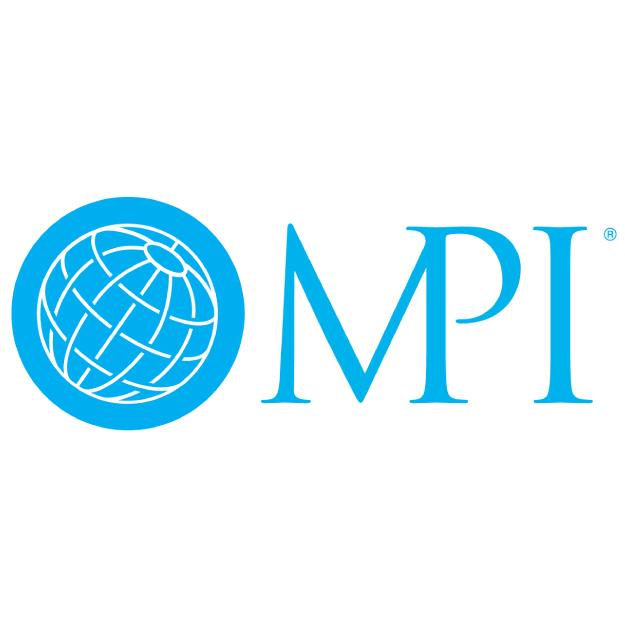Event planners face daunting challenges: greater competition for delegates, intense budget scrutiny, and increased expectations for memorable experiences.
Yet new research from Radisson Hotel Group reveals how a group of event planners are thriving in this new environment – and delivering on average ROI 25%+ from their annual events program.
Those reporting ROI of 25%+ are significantly more likely to:
- Be flexible and agile before events
- Give delegates a personal return on investment during events
- Nurture the relationship after the event.
The survey gathered the views of 607 event planners (corporate, agency and association) in 12 countries across Europe, Middle East and Africa. Two thirds were from organizations with between 250-999 employees and a third from those with more than 1,000 employees.
Revenue Influencers
Today’s event planners see their greatest challenge as standing out from the crowd. They consider there to be a few key areas by which events are principally judged: quality of speakers; sophistication of on-site technology (event apps and audience interaction); and the suitability of the venue itself.The highest-performing event planners are much more likely to say that depth, quality and variety of content is a key priority for delegates (43% vs 23% reporting less than 25% ROI).
They also recognize that events that teach delegates something new about their industry sell out. “We understand that, if we're asking attendees to make a commitment and visit for two or three days, they expect to learn something new about their sector,” says Judy Elvey, director of marketing at Cvent.
Event planners must work out how to deliver on delegates’ personal ROI – adding to their knowledge and growing their professional and personal networks.
Finding new ways of bringing attendees together is paramount. Those reporting greater ROI are significantly more likely to say they prefer venues that offer spaces for private networking and are integrating opportunities for private meetings into event agendas (86% vs 74%).
Delegates don’t just want to be talked to; they want to feel they are helping to shape the conversation. More than a quarter of planners say that greater real-time interactivity will continue to be an important priority for delegates in the future.
Over the next 12 months, three-quarters of planners intend to include technology-driven experiences, such as augmented reality, in the events they organize. Planners predict that delegates will also want to see technologies such as virtual reality used in creative ways.
On the Side of Sustainability
When they attend an event, delegates don’t want to leave their personal values at home. Event planners are looking to their partners to reflect their own and their clients’ sustainability and D&I credentials, both during the event and throughout the procurement process.
Eight in 10 planners said the following factors were important/very important when selecting a venue:
- encouraging and promoting diversity
- sustainable practices and materials
- demonstrating a policy of inclusivity.
events to reflect an understanding of issues related to sustainability, diversity and inclusion (32% vs 16%).
The Era of Agile Planning
The research also reveals that the event planning cycle is shortening, and leading planners are preparing for an automated future. Those with greater ROI are significantly more likely to strongly agree that the event-planning process will become much more automated over the next three to five years (36% vs 20%). As a consequence, they are also more likely to adopt agile techniques and approaches rather than the traditional approach to planning events (23% vs 16%).An Event Is for Life
Against this backdrop, planners are having to work harder to secure event budgets. Nearly a third of respondents say that greater expectations of ROI from senior management is one of the driving pressures faced in their role today. And seven in 10 say analytics and detailed reporting are now a crucial aspect of their job.ROI leaders are more likely to get a handle on key event metrics, such as number of one-to-one meetings related to the event (46% vs 30%) and the number of new contacts (55% vs 42%).
The research revealed which KPIs were most important in gaining buy-in for events:
- Successful case studies of previous events
- Ability to demonstrate business opportunities
- Demonstrate positive impact on brand
These factors are the reason why planners are determined to keep the conversation with delegates alive. According to the research, those with a greater ROI are significantly more likely to engage in a range of post-event communication activity.
Learning from ROI Leaders
The highest-performing event planners are listening more closely than ever to what delegates want. There is a strong demand for fresh ideas to replace reheated, traditional formats. There is a desire to be more involved, both with the events themselves, choosing and interacting on a personal level with the best speakers, and with each other. For this, they need the right environment; a format that allows business development teams to connect with decision makers; and access to technology that brings new trends and concepts to life.
It is true that there have never been so many demands placed on event planners as there are today. But for those who get it right, there is plenty of light on the horizon.



